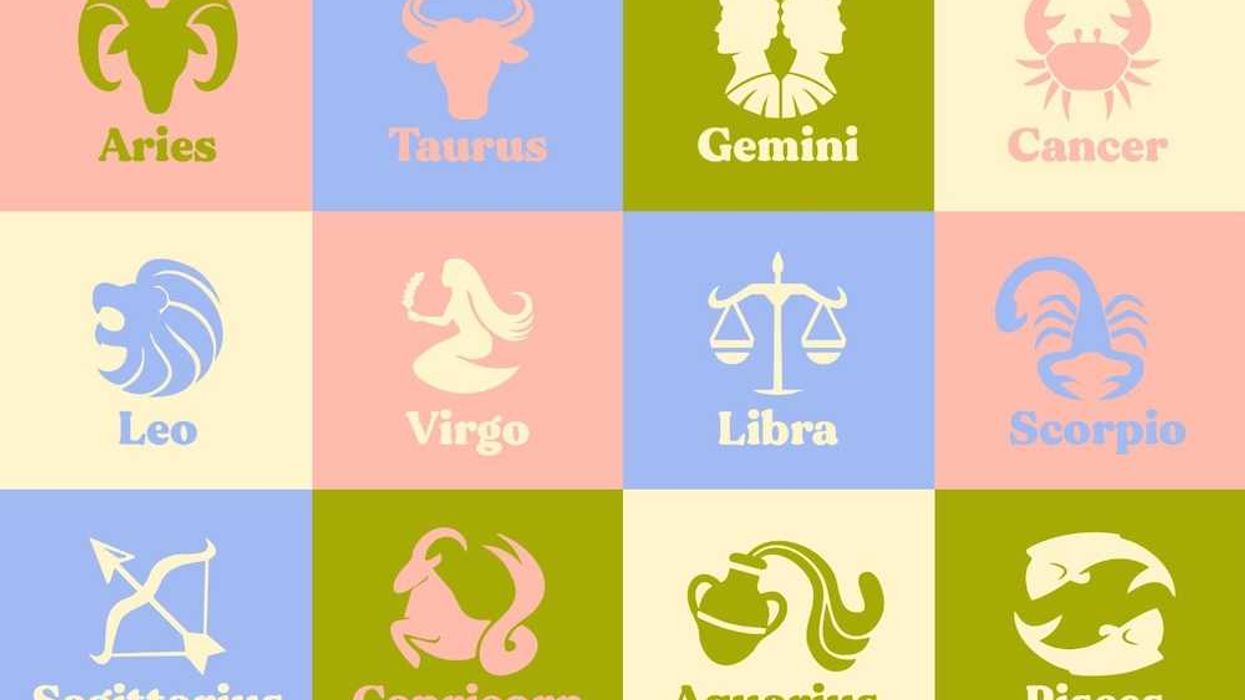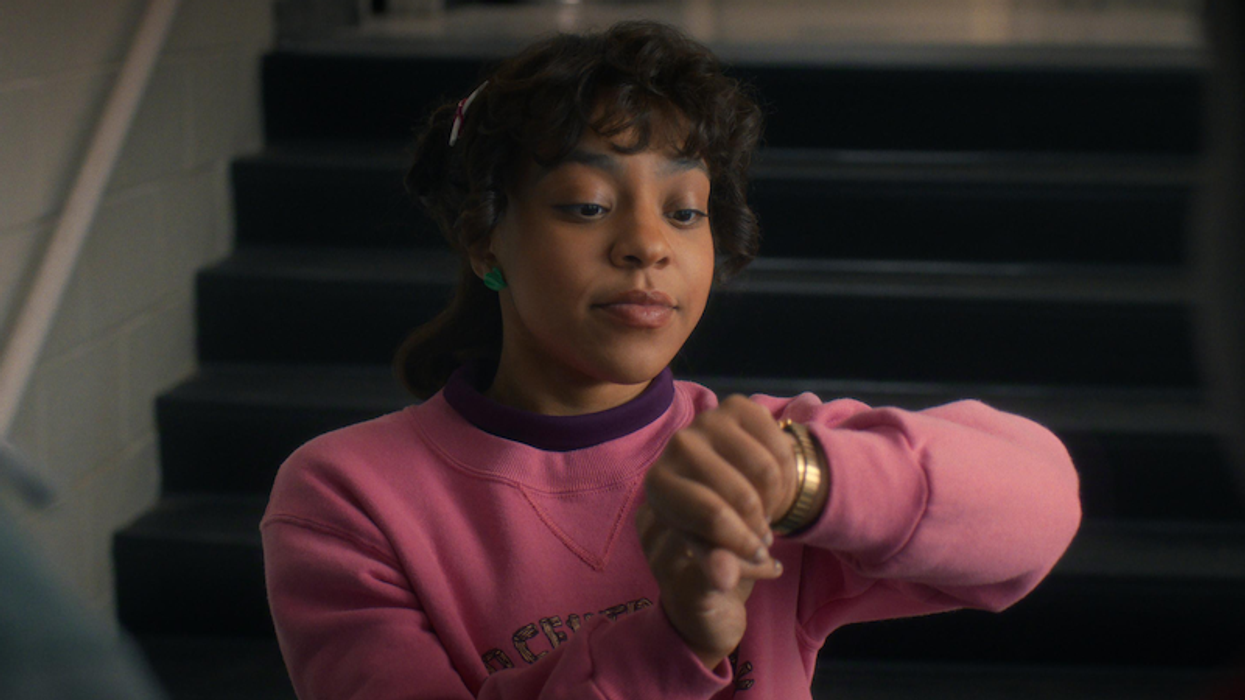#SurviveandThrive in a multigenerational workforce.
4 Tips for Getting Along With Coworkers of ALL Ages

Part of adulting is finding a career that you absolutely love. And sure, you might have to go through some duds before you find the right fit, but sooner or later, you’ll land your dream job. But no matter where you are in your journey, learning how to deal with coworkers of all ages will undoubtedly be a part of the job description. As more millennials become managers, each generation’s different management, culture and communication styles will become even more apparent — and it may not be super clear how to work well together. So how do you thrive when you’re working with all generations? We called up Samar Birwadker, CEO and founder at Good.Co, to give us his best tips for getting along with everyone (well… almost) at your nine-to-five.
1. Forget the number and get to know the individual. Unless you’re an entrepreneur in the super early stages of your biz, you’re going to be interacting with colleagues in one way or another, so it’s important to understand where they’re coming from. Samar says, “The most important insight I can recommend is that a person is not their demographic. Research shows that people age at totally different rates and that ‘actual’ age is not always a good predictor of attitudes and behavior. Studies have also shown that aging can be a self-fulfilling prophecy. There’s real truth in the idea that you’re ‘only as old as you feel.’”
He also adds that Good.Co data challenges many of the most common stereotypes about age. “We found that people in the 45-60-age bracket were just as motivated and open to taking risks as 18-25-year-old millennials — and more open to creative thinking.” That’s right, millennials: Gen X and Boomers are still coming up with a lot of fresh ideas.
2. Embrace diversity. Honestly, how fun would life be if everyone was the same? Yawn. “Even where age-related differences exist, it doesn’t follow the notion that a younger life is a better life. Some of our data shows that workers 45-60 are actually more open as leaders. This group’s leadership style is based on encouragement and respect for different perspectives, compared to the younger group of millennials, who tend to focus more on achieving personal success.” Whoa. Time to start appreciating your boss’s management style.
3. Understand that learning is bidirectional. Being a social media whiz doesn’t mean you know more than your older coworkers. Samar explains: “Our data suggests that, on average, older workers can put aside their ego to fit more easily into a wider organizational culture. This broader perspective allows for a more measured, tactical approach in decision making and networking. Younger workers can, therefore, benefit from the experience of their elders in strategy and social communication, but knowledge sharing goes both ways. People who began their careers before the digital and mobile revolution can benefit from their younger, more tech-savvy colleagues.” He says teams that include workers of different ages have a greater opportunity to learn from each other, and will be more open to doing so if they’re focused on a common goal.
4. Recognize that age matters less where career paths are not linear. “It’s a common worry for older people who see younger colleagues promoted above them to think they might be past it, superseded by a younger generation, but this is much less true today than it might have been even a few decades ago. These days, career paths are much less linear, and age much less relevant. If you’re a younger boss, don’t assume that your older team member has missed the boat. They might be in the first phase of their second, or third or fourth career,” advises Samar.
Tweet us how you bond with your older or younger coworkers @BritandCo!
(Photos via Getty)

















